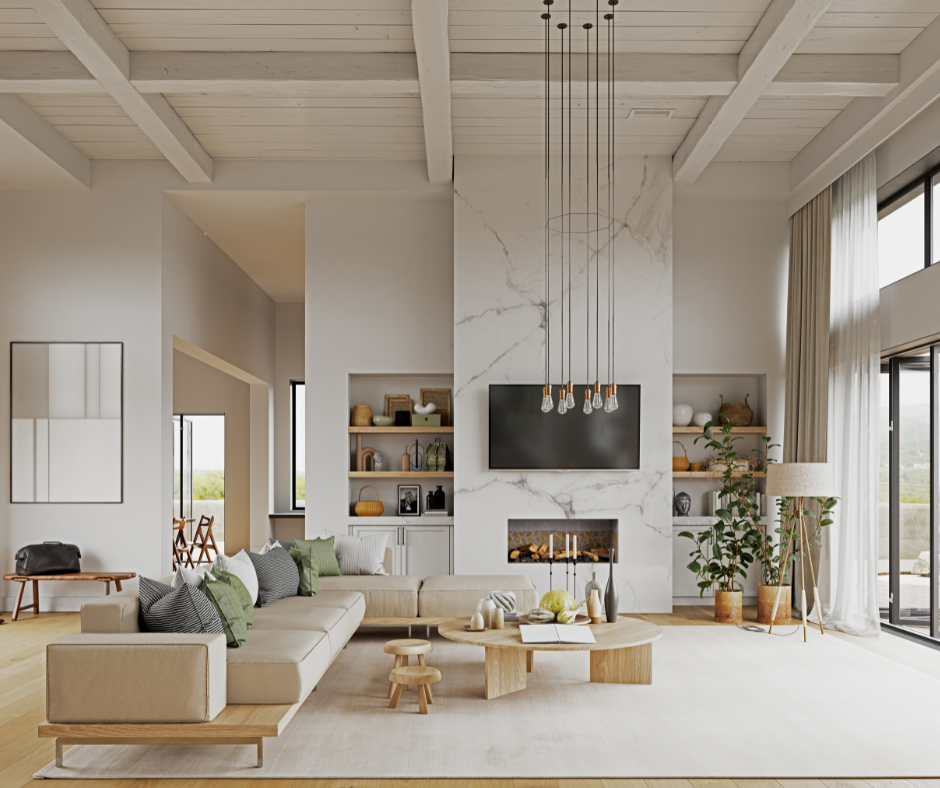The Role of Sober Living Rooms in Enhancing Addiction Recovery Support
Sober living rooms play a pivotal role in supporting individuals on their journey to addiction recovery. These spaces offer a structured and substance-free environment where individuals can rebuild their lives, develop healthy habits, and transition smoothly from rehabilitation programs to independent living. If you want to know more about sober living private rooms, then you can go through TRUE NORTH SOBER LIVING. They provide exceptional sober living environments, offering both shared and private rooms designed to promote healing. Their commitment to personalized care and community support ensures residents have the tools they need to succeed in their recovery. By fostering community and accountability, sober living rooms have become an indispensable part of the recovery process. Here we explore the role of sober living rooms in enhancing addiction recovery support.
Providing a Safe and Substance-Free Environment:
The best feature of sober living rooms is that the place is secure and free from the influence of drugs. The temptation and outside stimulus that can lead to a relapse are often removed to give the patient the chance to focus fully on healing. People stay together with like-minded people and understanding in the context of which they tend to feel support for their desire to stay sober.
Encouraging Community and Peer Support:
It is well understood that the community plays an essential role in the process of recovery from addiction, and sober living rooms take practices this principle to a new level for their residents. Joint living situations help in building interactions because people find friends with similar experiences and challenges. This peer support is so important because it supplies not only the emotional support, favorable words of encouragement, and the feeling of fellowship and acceptance so crucial for continued personal recovery.
Promoting Accountability and Responsibility:
Just like any other establishment, sober living rooms may have some standard rules and regulations that residents are expected to maintain such aspects like cleanliness and sundown or curfew among other standards such as holding of home meetings. These guidelines help foster accountability and make residents feel that they are accountable to someone or/and something. In developing these habits, a person is in a position to deal with their lives in a personal capacity once discharged from the facility.
Facilitating Access to Recovery Resources:
Most sober living rooms are affiliated with other critical recovery services like Moral Counseling and therapy as well as support groups. Such linkages thus guarantee that residents continue to access the appropriate resources in dealing with difficulties in the course of their recoveries. Participation in these programs recreates the coping strategies and keeps the individual in check on the processes of achieving abstinence.
Bridging the Gap Between Rehab and Independent Living:
Moving from a rehabilitation center to a life on your own can be challenging. Sober living rooms are in essence buffer zones for residents, they provide a semi-structured environment or setting where residents can be coached through daily living activities gradually and this entails things like how to manage money, how to go about food preparations, and where to look for a job among other things. Another type of sober living arrangement is a sober living private room; those who would like even more privacy get a private room. Gradual reintegration is less likely to cause relapse, and it makes the residents confident about living the new life on their own.
Reducing Relapse Rates:
Evaluations reveal that people who stay in sober living rooms experience comparatively less relapse incidence than those who are provided with their previous living environment. Camaraderie, availability of recovery-related resources, and structure further augment the success rates of long-term recovery.
Closing remarks:
Besides just being places to live for a short period, sober living rooms are crucial parts of addiction treatment. That way those places offer support, build community, and encourage responsibility that leads to long-term recovery from substance use disorders. Both shared and sober living private room tenants experience support to enable them to make a transition successfully. Alcoholism and drug abuse do not stop and as the struggle continues sober living rooms are ways through which people can regain their lives and start a better future.

